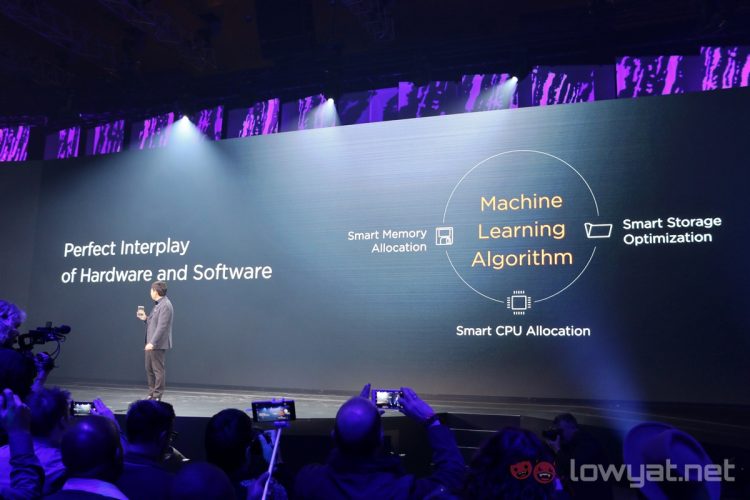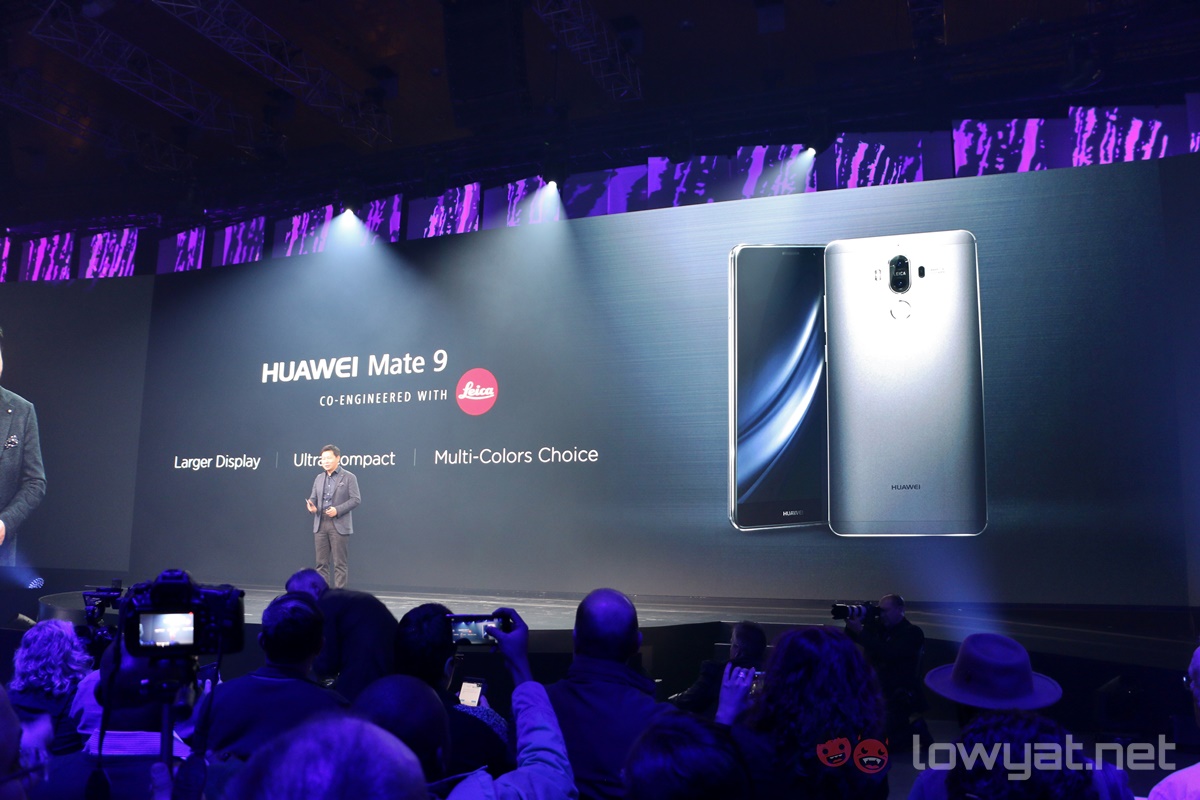One of the more interesting announcements at the Huawei Mate 9 launch was a bold promise from Huawei: the Mate 9 will run as smoothly and as quickly as it does when it is brand new – even after 18 months of use.
This claim defies convention of smartphones – generally, the longer you use it, the slower it gets whether by planned obsolescence (via software updates) or by the rise of more demanding apps later on. These are the main reasons why consumers upgrade their smartphones, and Huawei claims that the Mate 9 may just help extend that upgrade cycle.
https://www.youtube.com/watch?v=__Cj-d3ap50
The secret behind it is what Huawei calls EMUI Machine Learning Algorithm. Designed exclusively for Huawei’s new EMUI 5.0 Android ROM in devices running the company’s Kirin chipsets, Huawei claims that its tightly integrated hardware and software divisions allow for customisations that make this claim possible.
Essentially, Huawei uses machine learning to analyse not only the user’s behaviour, but also the installed apps’ behaviour: which apps require more resources, how often the user uses an app, and so on. The Machine Learning Algorithm can then create a profile of the user and the apps installed to prioritise and optimise resources, allowing them to run more efficiently.
This, alongside a new data management system, allows the Mate 9 to maintain a high level of performance for up to 18 months, based on Huawei’s “artificial aging tools” that simulate up to 10,000 hours of use.
It’s a bold claim, but certainly one that’s very welcome. Few companies have tight control over hardware and software development, giving Huawei (and its devices) quite an advantage in this regard.



